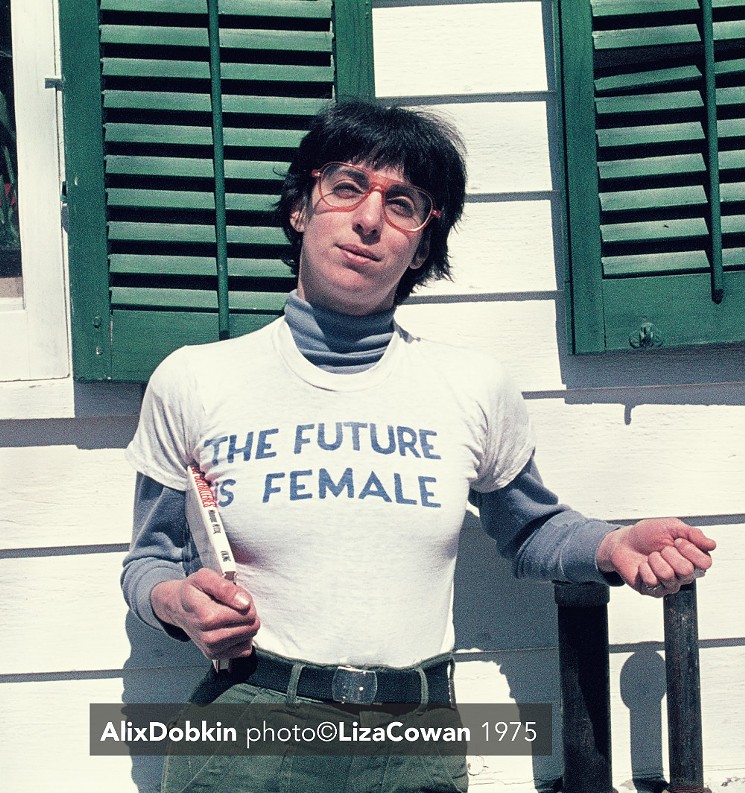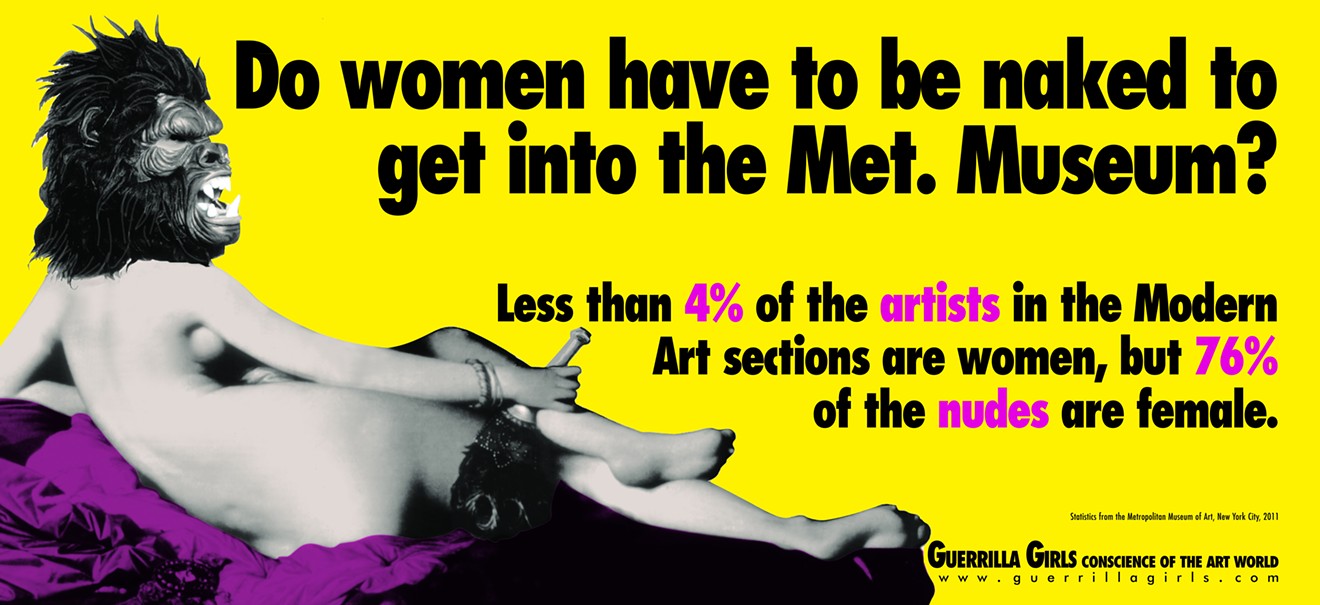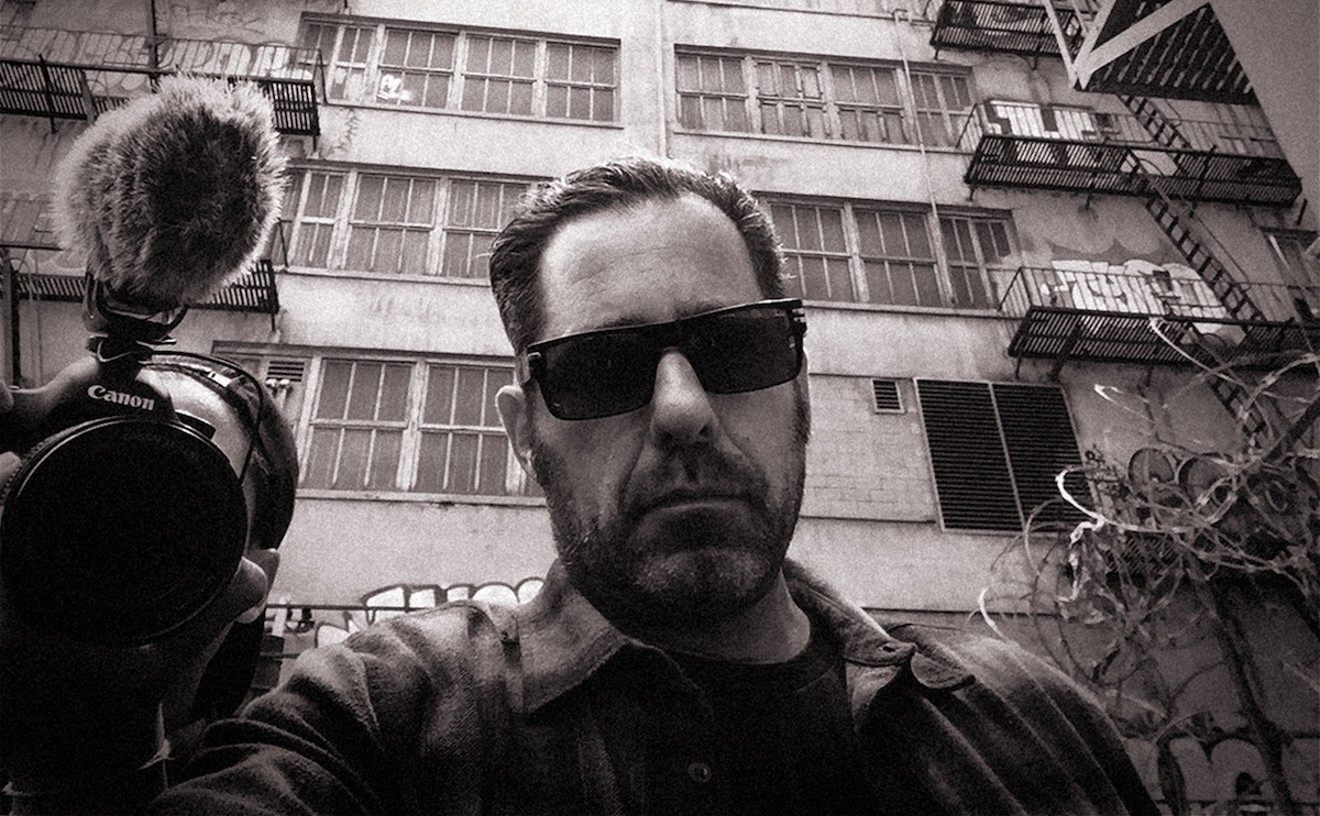“Women have been having these conversations in backrooms forever,” says Zoe Lukov, who cofounded Fair with Anthony Spinello of Spinello Projects. “This is just another step toward equity. It’s about [asking,] 'Are we equal?'” Lukov, a New York-based curator and writer who has previously collaborated with Spinello on feminist art projects, is the director of exhibitions for Faena in Buenos Aires and Miami.
Supported by international developer Swire Properties, owner of Miami’s Brickell City Centre, and by the Knight Foundation, Fair is organized by three overlapping sectors. Fair Market is a 5,000-square-foot storefront that displays artists’ billboards, posters, apparel, and other items, each with a focus on gender inequality and labor and marketing practices; Fair Trade encourages interaction through the advent and display of public works throughout the mall; and Fair Play is an open-call video sector curated by artist, activis and academic Micol Hebron.
Juxtaposing the contributions of earlier wave feminists with voices of a new generation, Fair Market gives new context to iconic female artists and movements. The impressive roster includes the anonymous activists the Guerilla Girls — exhibiting in Miami for the first time — who use humorous, subversive messaging and public actions to expose gender bias. Also in this sector is veteran Liz Cowan, whose work explores the line between art and pop culture; Micol Hebron, showing a selection of posters from Gallery Tally, a social engagement project in which more than 2,000 artists analyzed data about the ratio of males to females represented in the gallery system; Cheryl Pope, whose piece A Silent I uses high-school championship banners to explore female identity; Ruby Rumie, whose series of portraits, Lugar Comun, explore positions across class divides in Colombia; and Brooklyn-based Taja Lindley, a healer, artist, and activist, whose piece This Ain’t a Eulogy: A Ritual for Re-Membering is a tribute to unarmed black people who have been slain by police, created with hundreds of plastic garbage bags.
“Because black lives get treated as disposable, I’m specifically concerned about who gets remembered and who doesn’t and making an insertion in our collective and cultural memory about the people that we’ve lost,” says Lindley, whose project was incubated in a Brooklyn classroom.
The Fair Play sector, which Hebron also curated, offers selections from the Femmes Video Art Festival, founded in 2015 at Hebron’s project space in Los Angeles at the Situation Room, as well as from an open call for new voices. The video program aims to foster conversation among and about marginalized filmmakers, including femme, gender, nonconforming, genderqueer, and nonbinary artists. “I certainly wasn’t seeing enough video art by female-identified artists, so I put out a call on social media,” Hebron says. “It got bigger... with entries from all over the world, and I saw it as a way to showcase work by female auteurs who are showing us their world and their experience through their eyes... and not just [through] the male gaze.”

Liza Cowan's "The Future Is Female" T-shirt design for Labyris Books, worn by Alix Dobkin.
Courtesy of Fair
As the conversation about gender equality gains traction, the makers and participants of Fair say they hope to see elements of the event travel to other locales, advancing further public awareness, discoursem and discovery. Perhaps, as emblazoned on the iconic T-shirt from the radical bookstore Labyris Books, the future is indeed female.
Fair. Through Sunday, December 10, at Brickell City Centre, 701 S. Miami Ave., Miami. Free; fairmarket.art. Admission is free.












